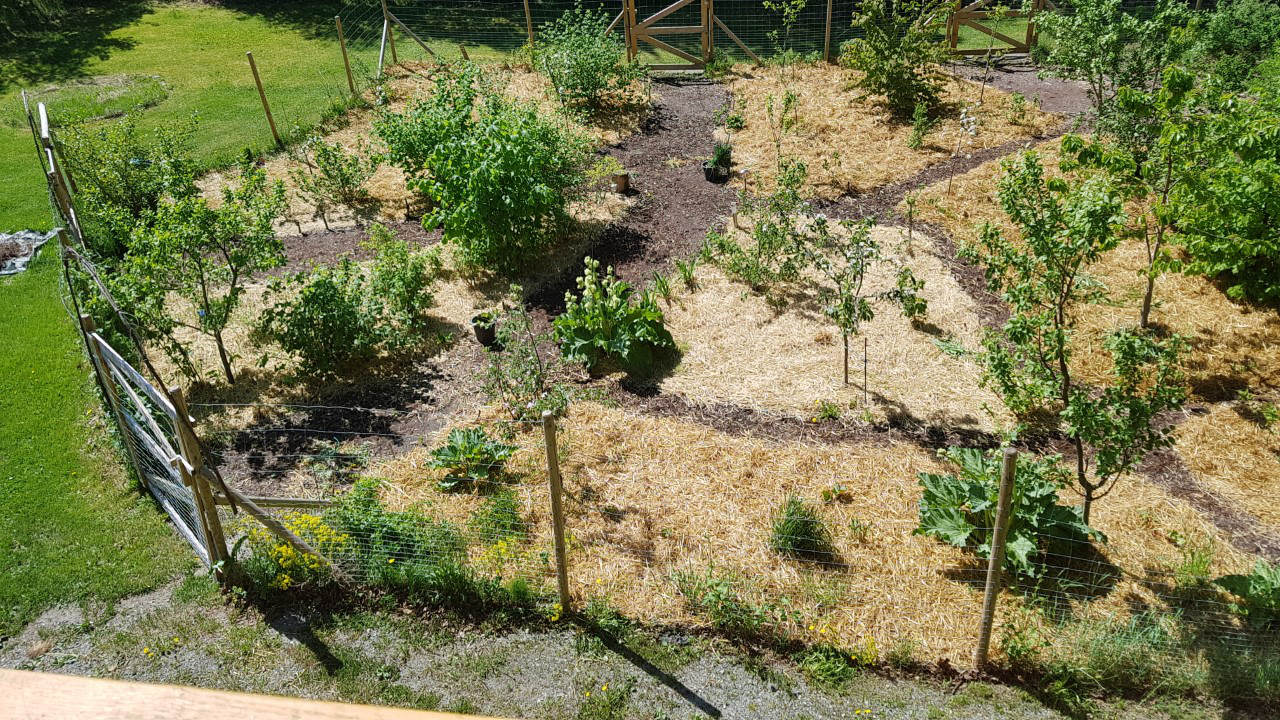
Permaculture course
“If you will stay close to nature, to its simplicity, to the small things hardly noticeable, those things can unexpectedly become great and immeasurable.”
– Rainer Maria Rilke
About the course instructor:
Helene Bøhler
Helene is passionate about a change in the world to a more regenerative society; socially, ecologically and economically. That is why she is also a Permaculture Designer. She took the Permaculture Design Course (PDC) with Patrick Whitefield in 2014, and has ‘Ecovillage Design Education’ at Findhorn from the same year. Helene is in the process of taking a permaculture diploma, and is juggling it with other related fields in life, within communication, creative action and listening presence; she is a trained teacher instructor in TMW (Tai Chi Movements for Wellness), and completed the PPU in arts and crafts in 2021, based on a Bachelor of Arts from 1996. Helene initiated and coordinated the Nordic permaculture festival at Hurdal ecovillage in 2013, and has since been active on the board of the Norwegian Permaculture Association both as initiator and coordinator for LAND in Norway, as former and current chairman of the board.
Are you curious about what permaculture is, and want to know more about permaculture design?
Permaculture is a comprehensive planning system based on working with, and not against nature. This means creating a coherent, stable and harmonious system in balance. Permaculture is used today as a planning tool all over the world and uses nature’s patterns and systems as a starting point to create practical, effective, sustainable and regenerative systems that can be used by anyone anywhere.
Welcome to a weekend with a taste of key elements in permaculture design; ethics, principles and design tools. The course is based on Opsal Gard to give you a direct and tangible experience of what permaculture design entails. If you are curious, this is a great way to be introduced to something that for more and more people is central in anchoring a systemic understanding of how to live more regenerative lives.
In line with the principles of permaculture, the resources on site will also help shape what we do during the weekend. We want time and space to listen both inwards and outwards in a place with great views, forests, meadows and streams, animals and people. Who you, course participants are, what you have with you of experiences and knowledge will also provide fertile ground for the weekend’s experiences.
That an element has several functions is a key permaculture principle, and by participating you will gain useful experience, meet nice people, eat good food and experience great nature, and the course will also contribute to the farm’s development both physically and socially. The course is held in collaboration with the Norwegian Permaculture Association.
Lunch on Saturday and Sunday and dinner on Saturday are included in the course.